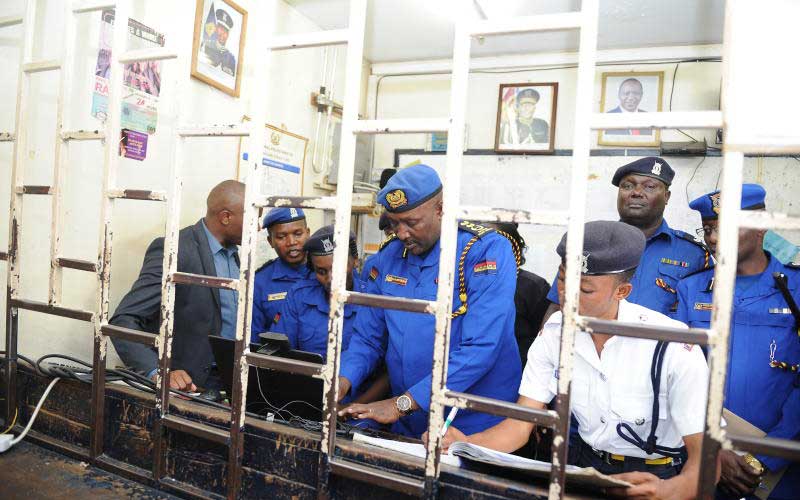×
The Standard e-Paper
Stay Informed, Even Offline

November 22, 2019 will forever remain an important and memorable date in the history of policing in Kenya.
When the clock struck midnight, the first digital Occurrence Book (OB) entry was made at the Kasarani Police Station, Nairobi, marking a departure from manual to digital entries and with that, ushering in the new era of digitised police records.